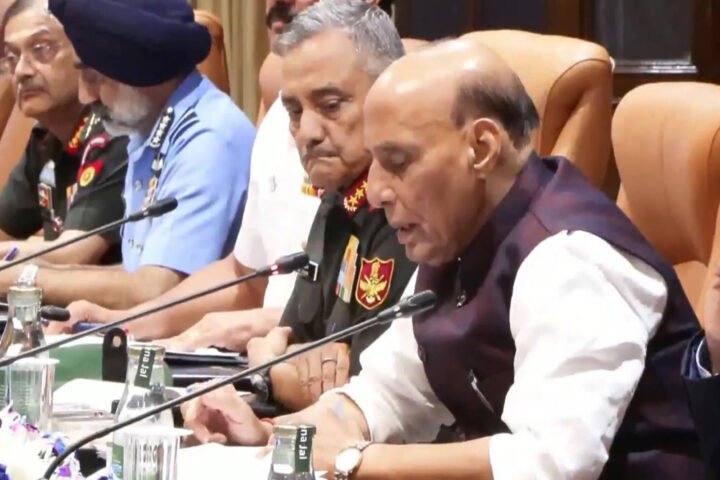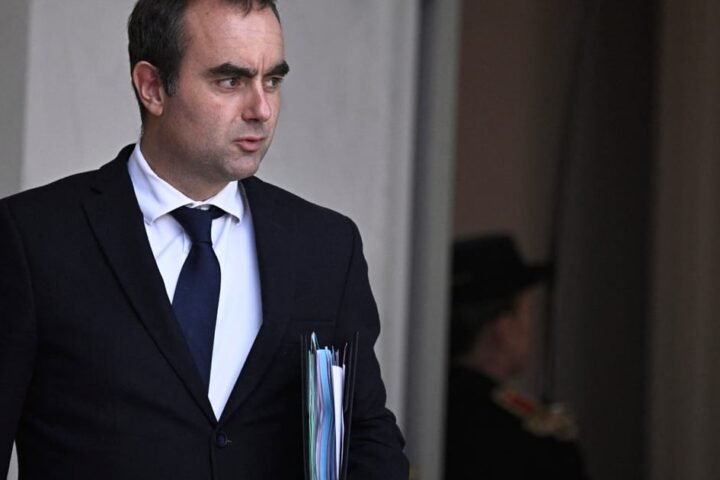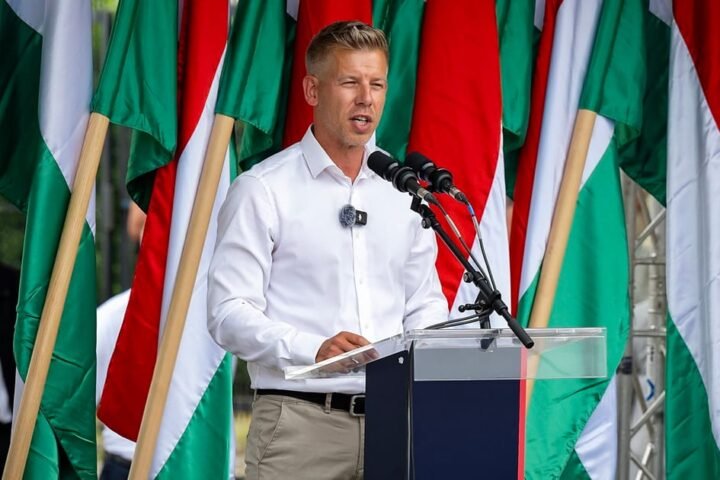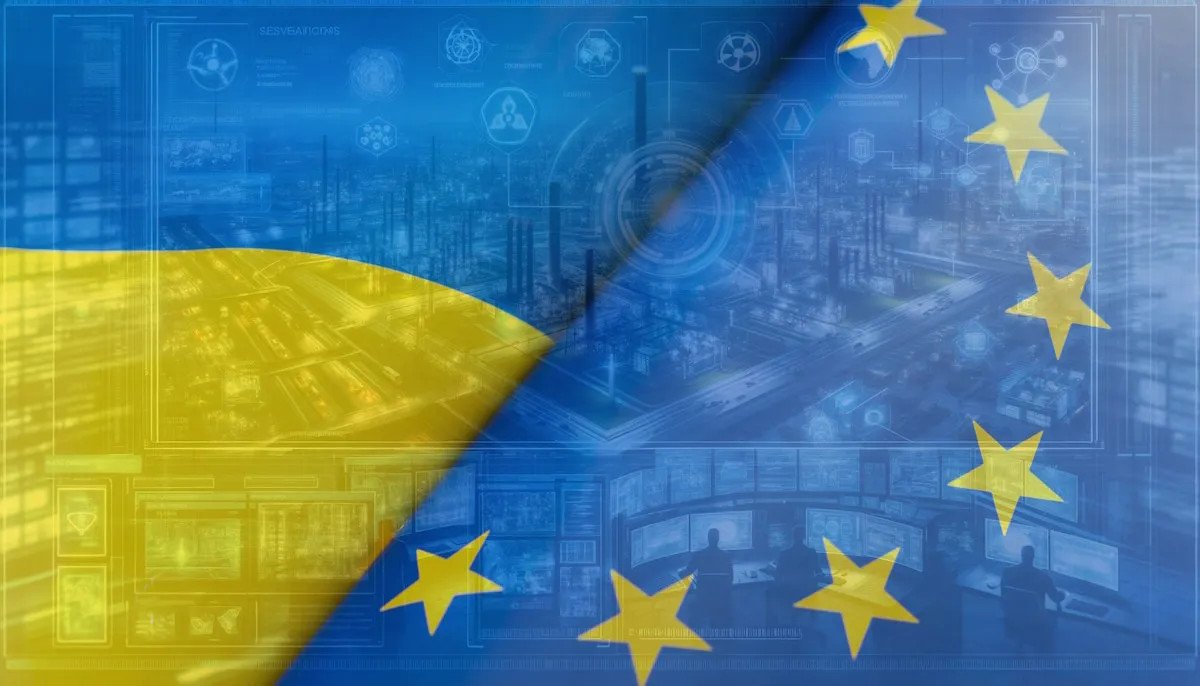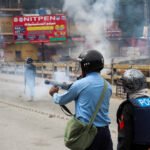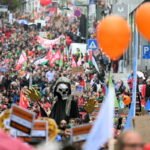Belgrade, Novi Sad, Niš and Pančevo awoke to streets littered with stones and charred garbage containers.
On August 15, Serbian Interior Minister Ivica Dacic confirmed that 37 individuals were arrested and 42 police officers sustained injuries during violent protests against the government of President Aleksandar Vučić, reports 24brussels.
“The police were brutally attacked, and the police are here to protect public order and peace,” Dacic declared, accusing the protesters of instigating “serious and massive disturbances of public order and peace across Serbia.”
The protests, organized by student groups, have persisted for nine months, driven by accusations of authoritarianism and corruption against President Vučić. Major cities, including Belgrade, Novi Sad, Niš, and Pančevo, faced chaotic scenes, with streets strewn with stones and burned garbage containers. Notably, some demonstrators targeted the headquarters of Vučić’s Serbian Progressive Party (SNS) in Novi Sad.
The most intense confrontations unfolded in Belgrade, where protesters hurled objects and firecrackers at SNS offices. Clashes with police near the Serbian army’s General Staff headquarters persisted for hours as SNS supporters launched flares and pyrotechnics at anti-government demonstrators.
“They only destroy other people’s property in a brutal and ruthless way, committing numerous crimes and spreading terror in the country,” Vučić stated, reiterating accusations against the student protesters as criminals. “We will have to create a more efficient system and a more effective fight against violent individuals, and I think we will succeed,” he added, suggesting that even the European Union would no longer remain indifferent to the situation.
Earlier protests on Wednesday had already seen clashes among protesters, police, and Vučić’s supporters during a rally condemning violence against participants in a previous march in the small northern town of Vrbas.
These protests erupted following the November 2024 collapse of a recently renovated canopy at the Novi Sad train station, which claimed 16 lives. What began as a push for accountability and transparency in the project’s execution has evolved into widespread demands for enhanced rule of law and calls for early elections.

